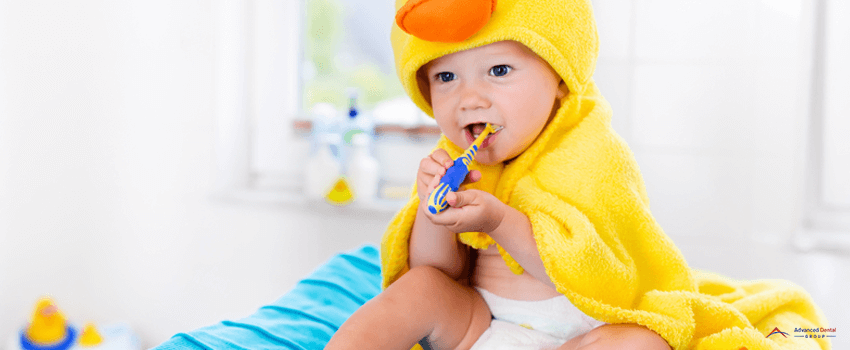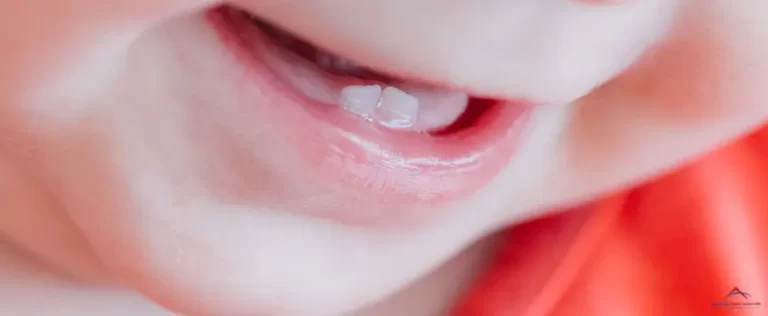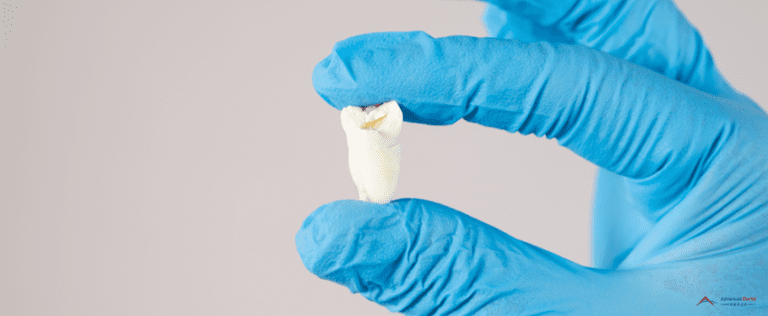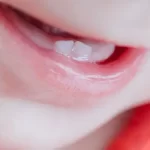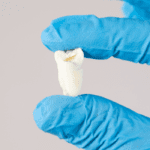Your little one is finally in your arms. They might not have their teeth yet, but you should start caring for their oral health immediately if you want to prevent cavities from developing later.
Infant oral care starts as soon as they are born. It’s best to get your baby used to having their mouth cleaned so they’ll become more comfortable as time goes by. You also need to start learning how to care for their teeth. Here are some basics of infant oral care you should know about.
Basics of Infant Oral Care
Taking care of your child’s oral health from birth is important to give them healthy teeth for life.
Gum Cleaning
Infant oral care before teeth is simple to do. You won’t need to use toothpaste or a toothbrush until your baby’s first tooth appears, but you should still clean their gums after feeding them to remove sugar and bacteria from their mouths.
While cradling your baby, wrap a damp washcloth around the index finger of your free hand. Use the washcloth to massage and clean your baby’s gums gently.
Teething Syndrome
Infants normally begin to grow teeth between four and six months in a process called teething or teething syndrome. Their gums might become red and swollen, and saliva flow may increase. Help relieve their symptoms by giving them a cold washcloth or a teething ring. Cool the teething rings in the fridge for a while; cold temperatures can soothe their pain.
Tooth Decay
Tooth decay is one of the most prevalent chronic childhood diseases in the United States. It may be common, but it is preventable by reducing the spread of bacteria to your baby’s mouth and body.
Be mindful of what your baby eats or puts in their mouth. Rinse their pacifiers with water, not saliva, and do not test their food or drink’s temperature before giving it to them. You should also avoid sharing any items that have been in your mouth, like utensils and toothbrushes.
Caring for Your Baby’s First Teeth
At around six months old, your baby might already have their first tooth; time to take out the soft-bristled toothbrush and toothpaste! It’s best to choose a mild-flavored, fluoride-free, or low-fluoride toothpaste that is safe for your baby if they swallow a bit accidentally. Their toothbrush should also fit their smaller mouth. Most infant oral care kits have the appropriately sized toothbrush you’ll need.
Brush your baby’s tooth twice daily once it’s out, and continue to keep their gums clean. You can also start flossing them once they have more teeth to remove any debris stuck between them.
Their baby teeth may eventually fall out; however, caring for them is still important. Keeping their teeth healthy allows them to learn how to chew and pronounce words correctly. Baby teeth act as placeholders for their permanent teeth; losing one too early might cause the permanent teeth growing under them to lose their spot and cause misalignments in their teeth.
First Dental Visit
The appearance of your baby’s first teeth also means it’s time for their first visit to the dentist. It’s best to take them to a pediatric dentist; they are specially trained to care for children’s mouths and experienced in infant dentistry.
Going on their first visit to the dentist is also the best time to ask for any guidelines on infant oral health care, talk about your concerns, and make sure you’re doing excellent at taking care of your baby’s teeth.
Good dental hygiene is a lifetime habit; infant oral care is only the beginning. Pediatric dentists can help you with any problem caring for your baby’s teeth. It also helps to be prepared for your appointment to make things flow more smoothly.
Infant Oral Care Tips
Infants will be fussy and full of energy, which may complicate things when it’s time to clean their teeth. Here are some tips to help care for their teeth better:
Soothe their teething pain.
Help soothe your baby’s discomfort when teething by gently rubbing their gums using a clean finger and feeding them mushier foods that don’t need much chewing. You can also give them something cold to bite on, like a teething ring, toothbrush, or a dummy.
Avoid putting your baby to bed with a bottle.
Your baby’s mouth won’t have enough saliva to protect their teeth when asleep. Allowing your baby to sleep with a bottle in their mouth puts them at risk for tooth decay; formula or milk may drip into their mouth and soak their teeth. Putting them to bed with a bottle is also a choking hazard.
Feed them a healthy diet.
Formula or breast milk is the only drink you should give a child below a year old; avoid giving them juices, water, and sugar drinks, especially those containing honey.
Water is safe to give when they’re a year old, but continue to avoid giving them sugary drinks. You should also have them rinse their mouth with water after eating sugary foods.
Avoid giving them gummy and sticky snacks; these can stick to their teeth for a long time. It’s better to give them healthier food choices like cheese, yogurt, and raw, crunchy fruits and vegetables if they’re more open to it.
Introduce them to cups when they’re six months old.
Your baby can transition to using cups when they’re six to twelve months old. They should only be drinking from a cup when they’re a year old.
Start caring for your infant’s teeth with Advanced Dental Group.
Caring for your baby’s teeth from infancy is the first step in developing healthy oral health care habits. Bringing them to their first dental visit and regularly visiting the dentist afterward also helps them build an excellent relationship between their dentist and their oral care.
Our partner dentists in St. Petersburg, FL, are more than capable of caring for your baby’s teeth. They can provide an excellent dental experience that will shape how your child views future dental visits. Contact us today, and we’ll connect them to you right away.
